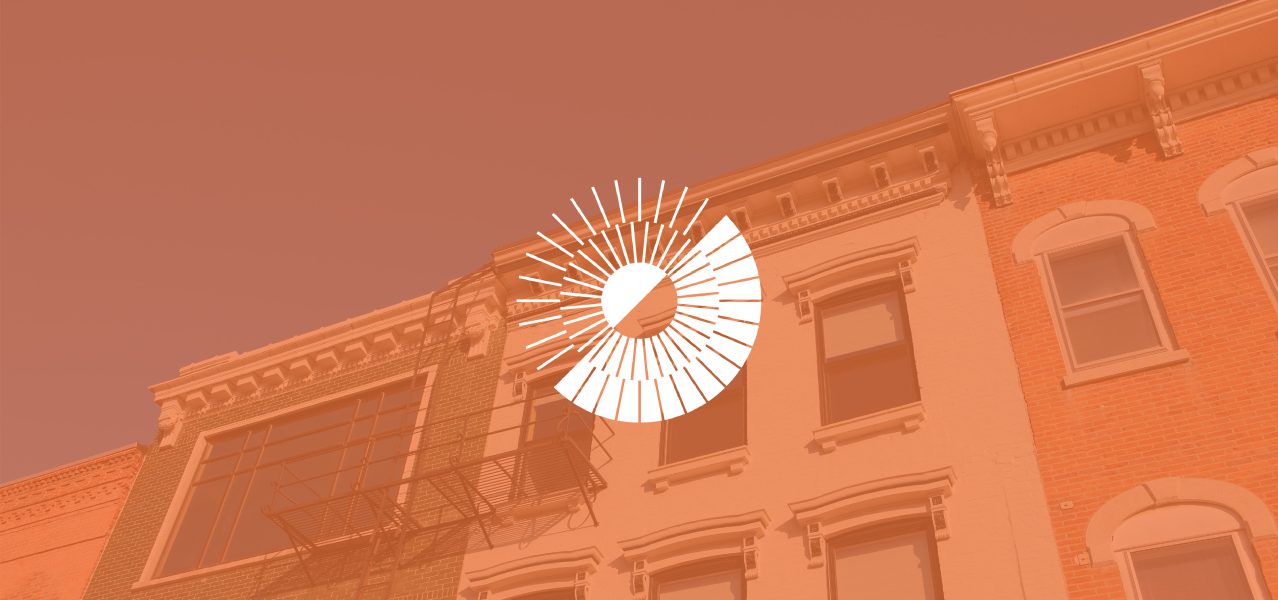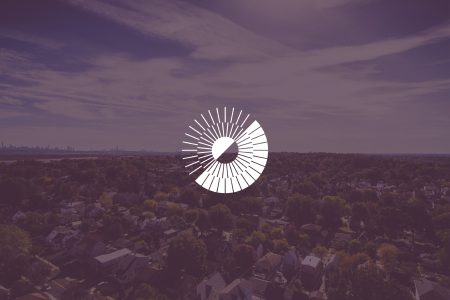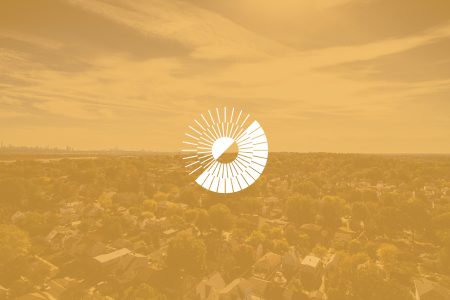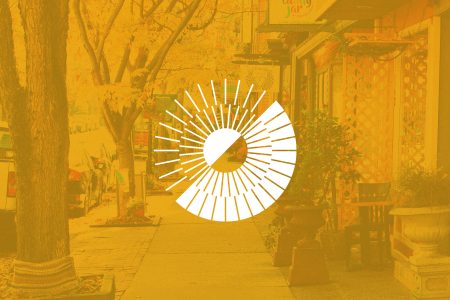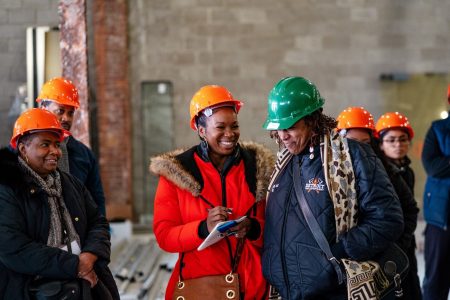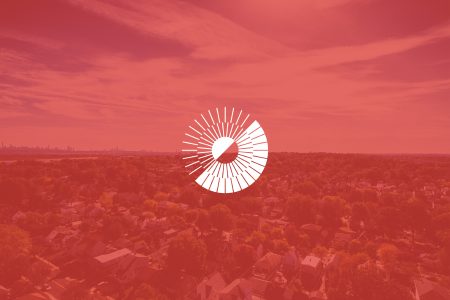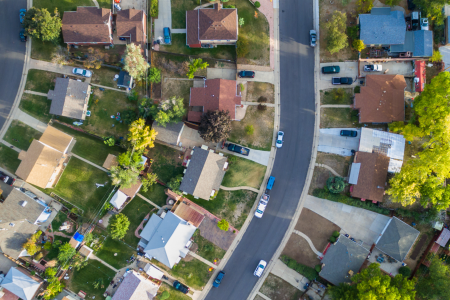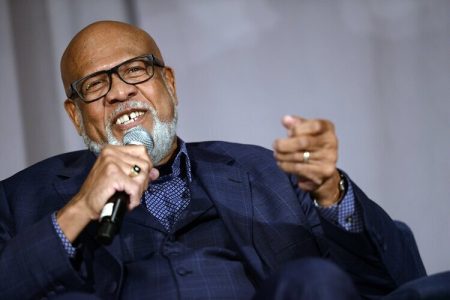January 22, 2026
Month 9: The COVID-19 Pandemic and Economic Recovery
The ninth section of the Economic Inequality series examines how the COVID-19 pandemic exposed and deepened existing racial and economic inequities in both healthcare and small business financing. Low-wage frontline workers (disproportionately people of color) faced greater health risks and financial hardship, while minority-owned businesses struggled to access timely federal relief like the Paycheck Protection Program. Uneven distribution of aid contributed to slower recoveries for Black-owned businesses and widened longstanding gaps. The section highlights how structural barriers to healthcare, capital, and institutional support shaped an unequal recovery and offers policy recommendations to prevent these disparities in future crises.

